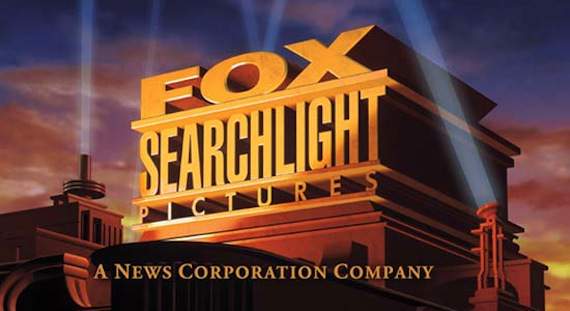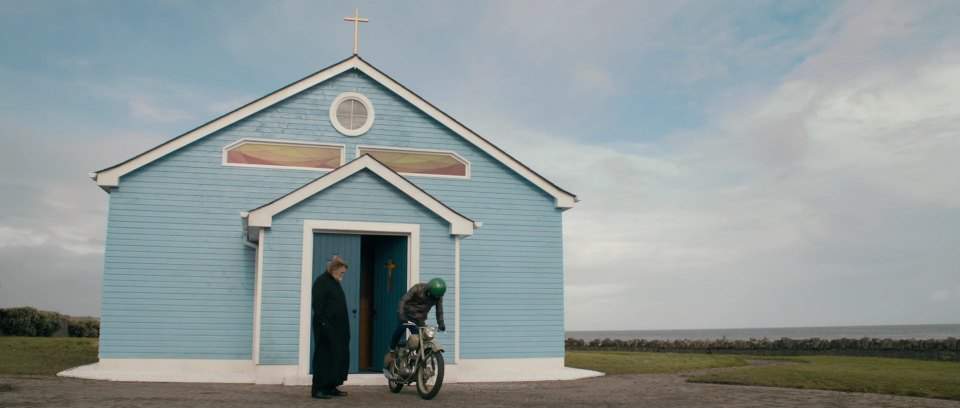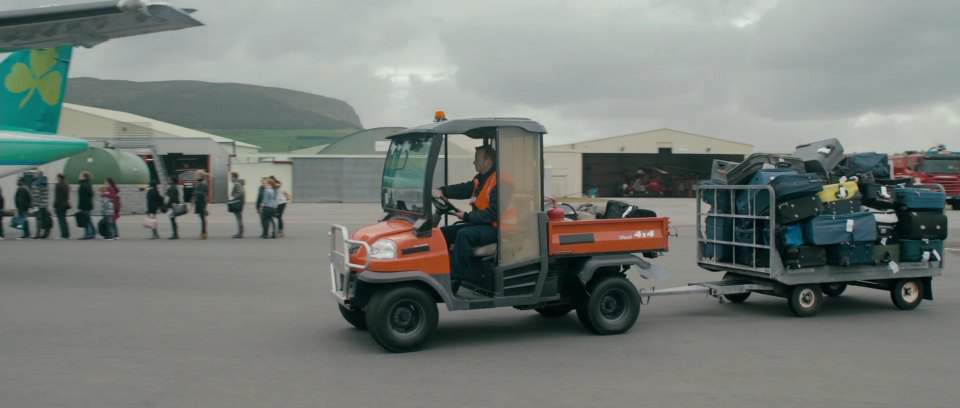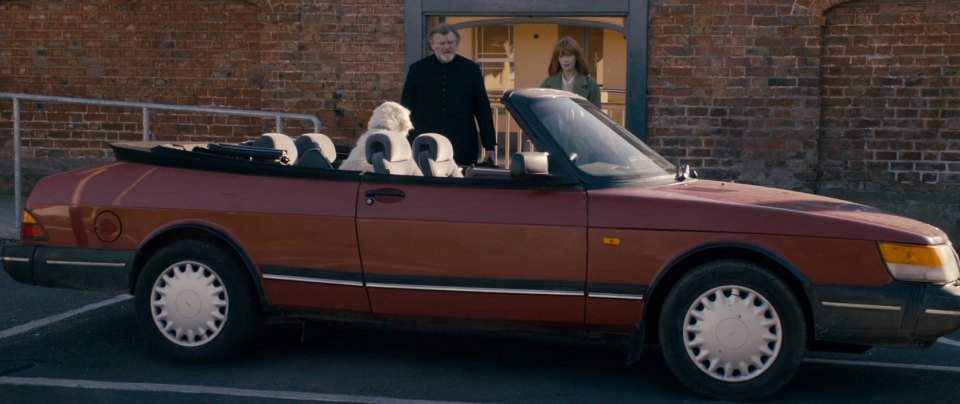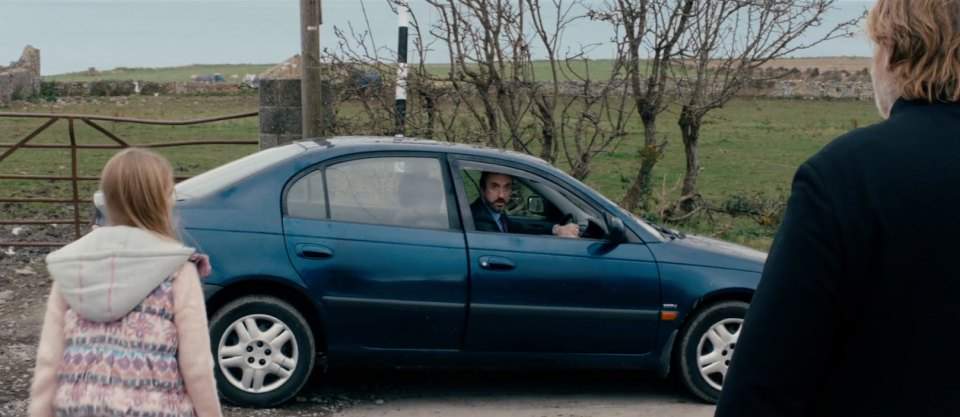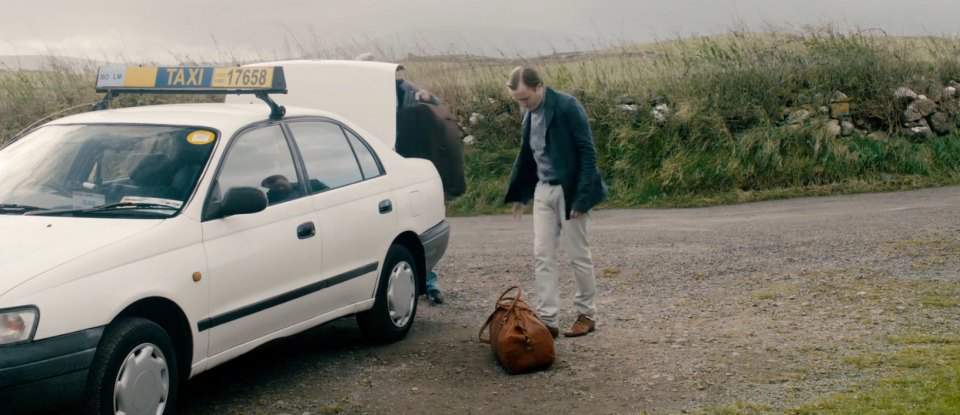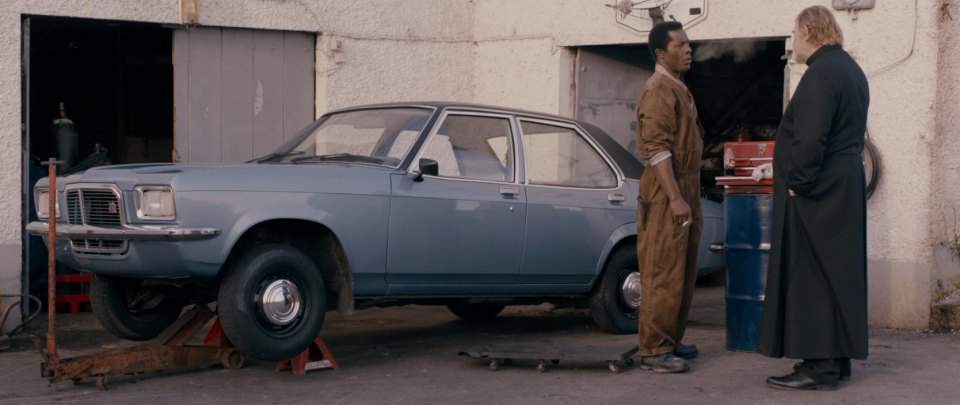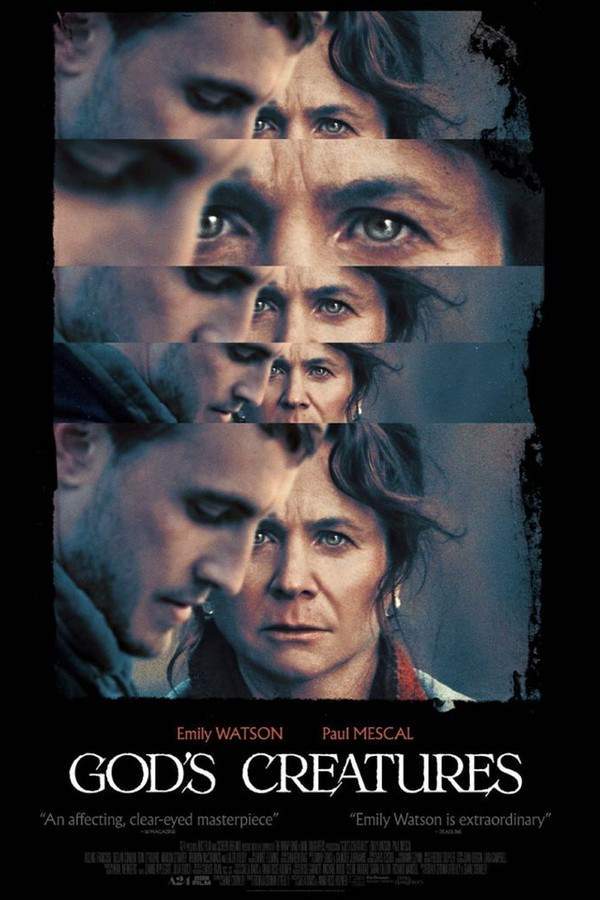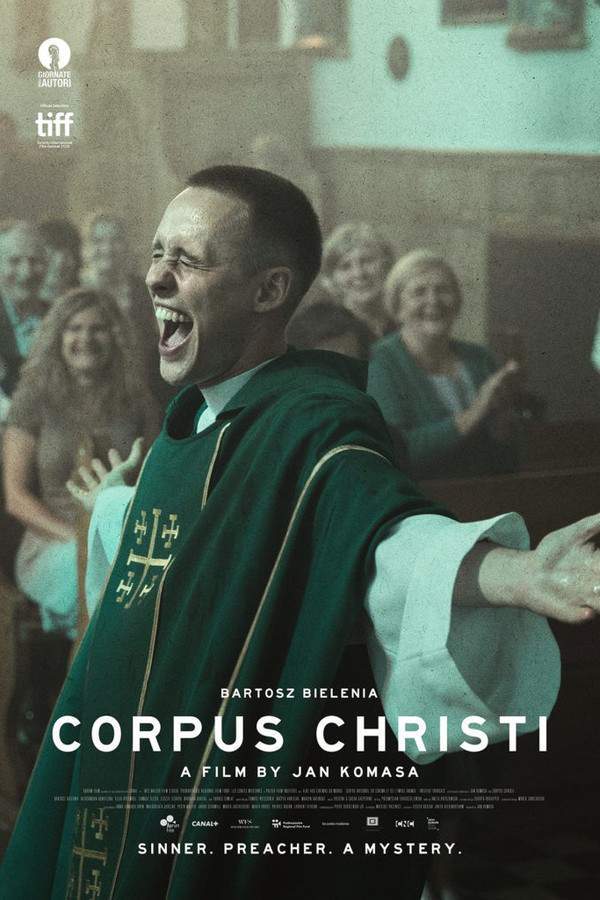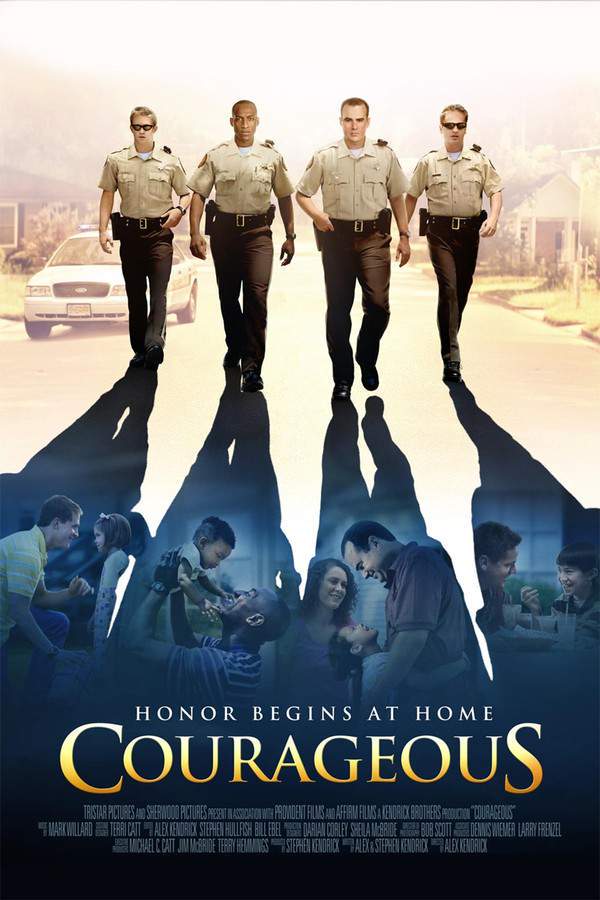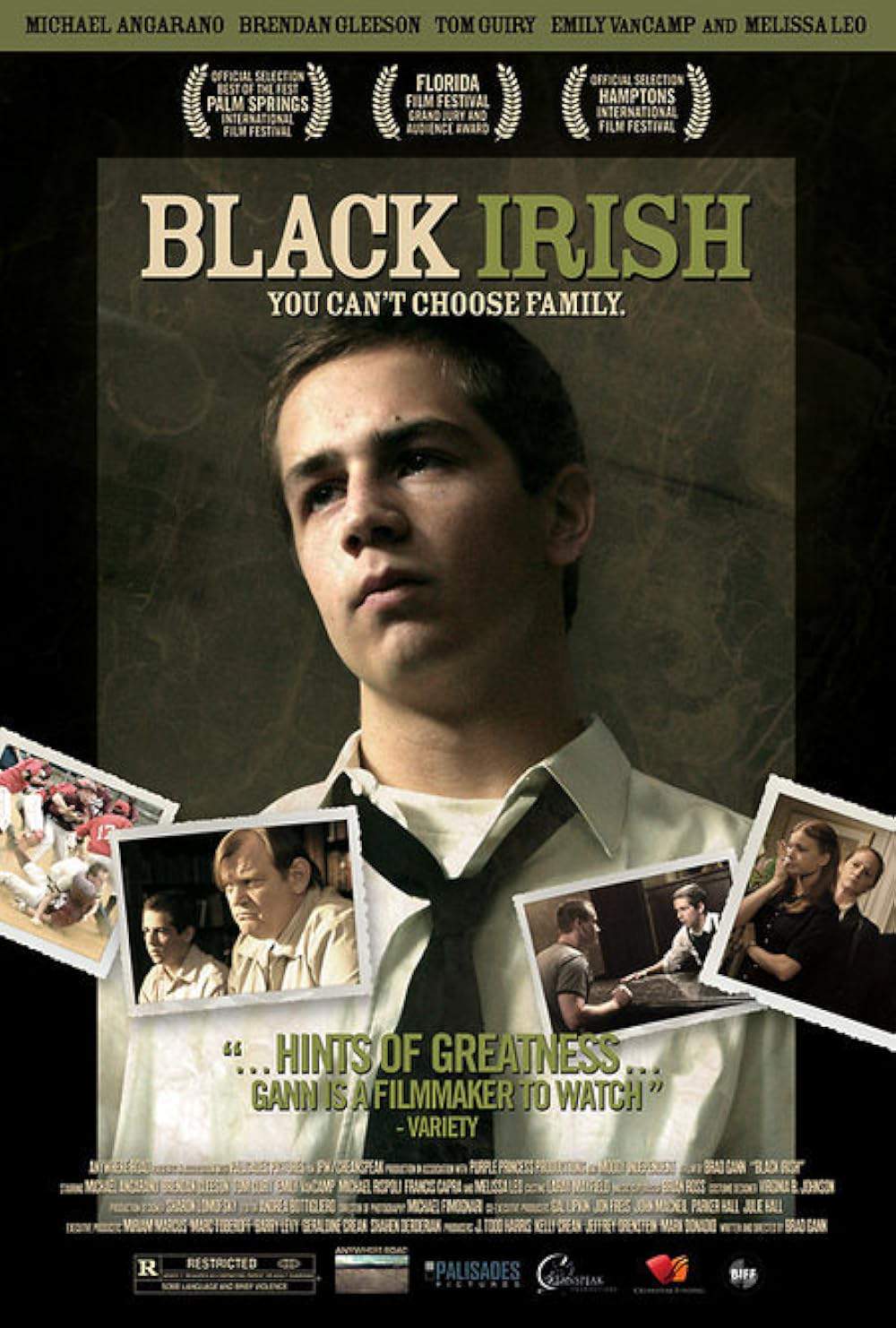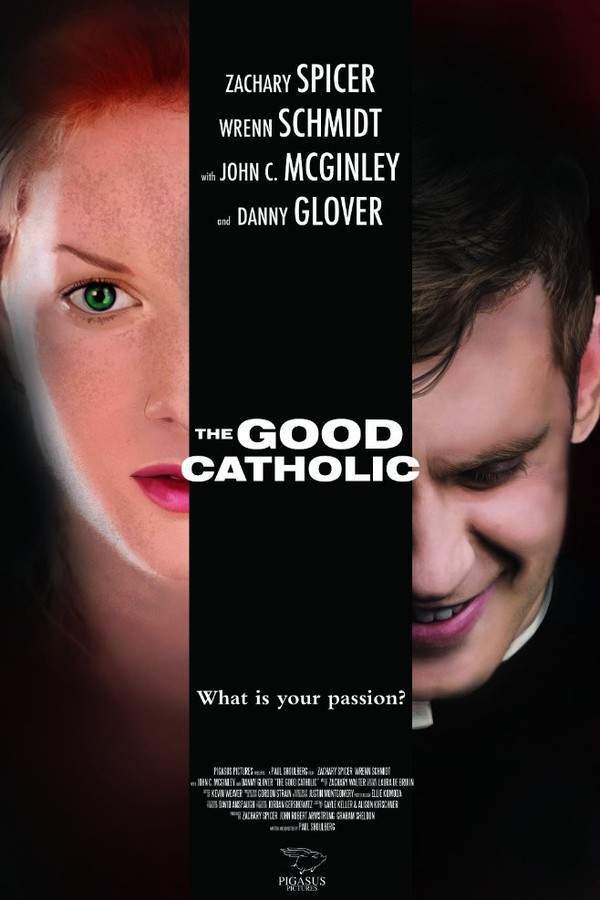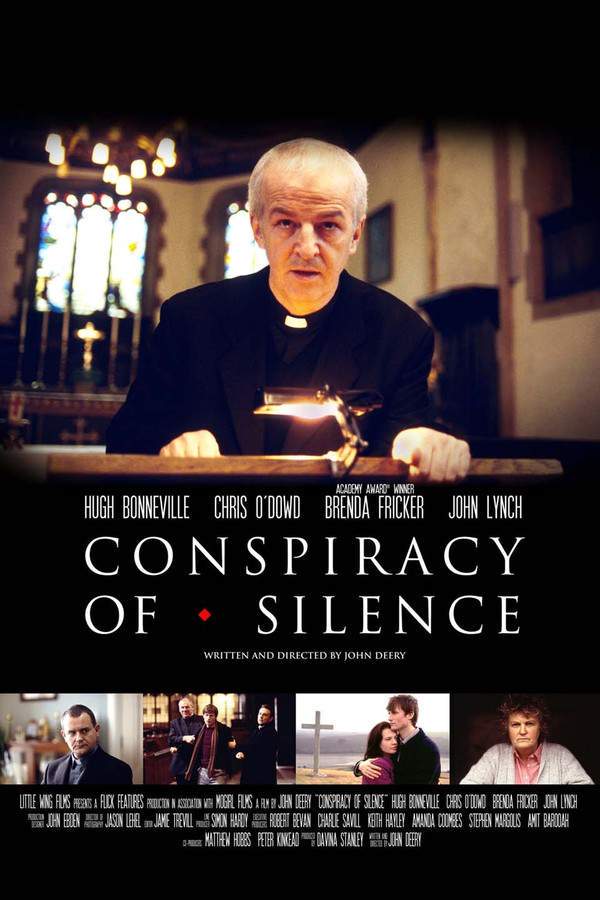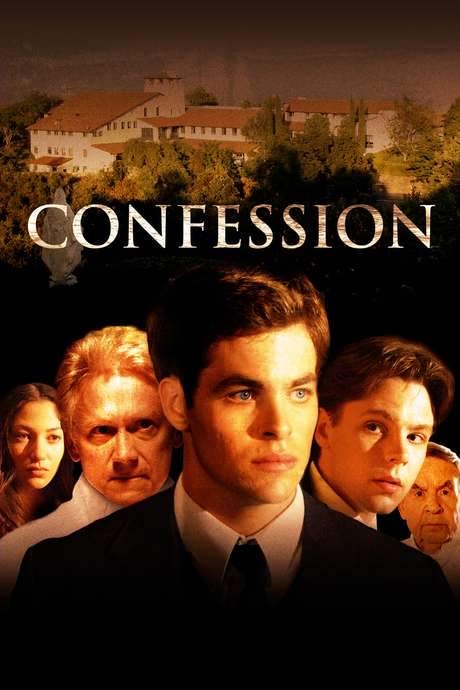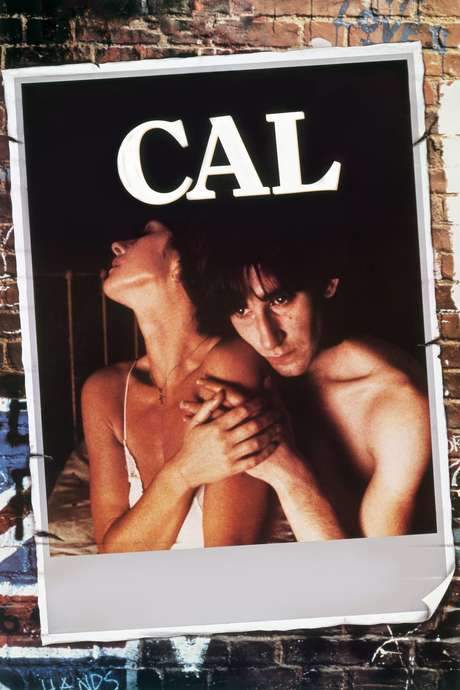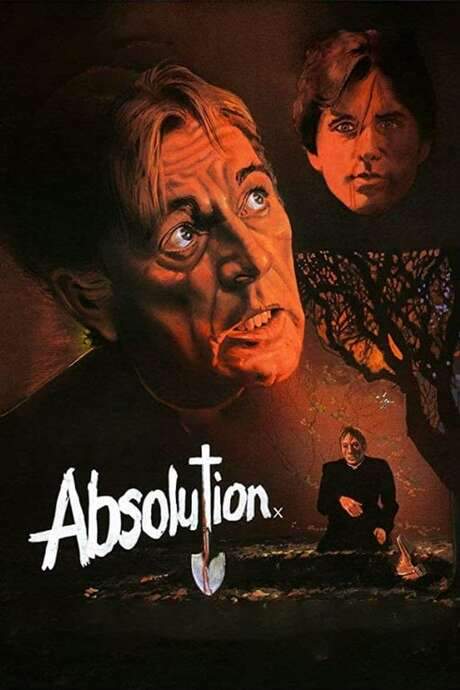Calvary 2014
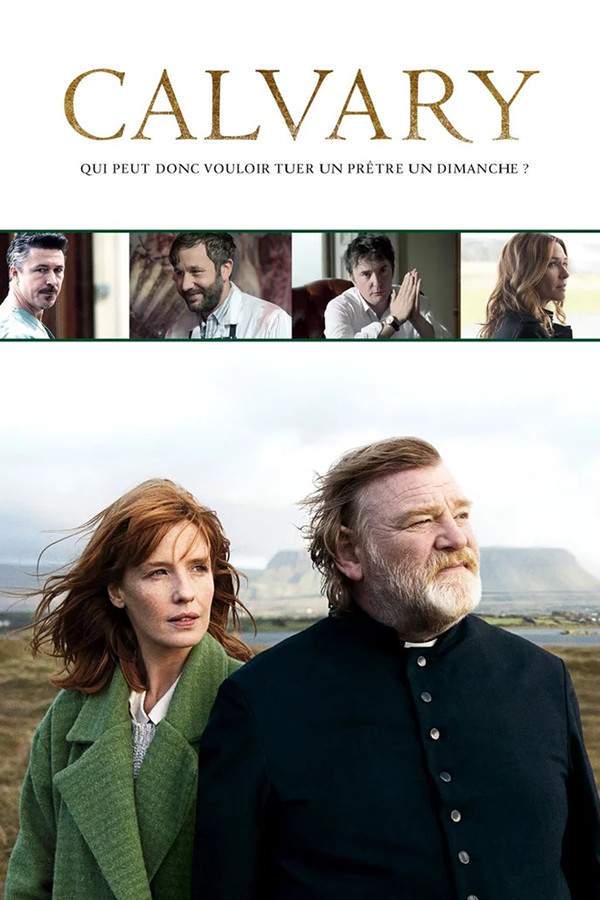
A compassionate priest's peaceful existence is disrupted when a troubled parishioner reveals a shocking secret, forcing him to confront a painful past. As Father James offers support to his struggling daughter and others in need, he grapples with his own vulnerabilities and the growing threat of a sinister figure determined to destroy him, testing his faith and challenging his resolve.
Does Calvary have end credit scenes?
No!
Calvary does not have end credit scenes. You can leave when the credits roll.
Meet the Full Cast and Actors of Calvary
Explore the complete cast of Calvary, including both lead and supporting actors. Learn who plays each character, discover their past roles and achievements, and find out what makes this ensemble cast stand out in the world of film and television.
No actors found
External Links and Streaming Options
Discover where to watch Calvary online, including streaming platforms, rental options, and official sources. Compare reviews, ratings, and in-depth movie information across sites like IMDb, TMDb, Wikipedia or Rotten Tomatoes.
Ratings and Reviews for Calvary
See how Calvary is rated across major platforms like IMDb, Metacritic, and TMDb. Compare audience scores and critic reviews to understand where Calvary stands among top-rated movies in its genre.

77
Metascore
7.4
User Score


89%
TOMATOMETER

80%
User Score

7.4 /10
IMDb Rating

71
%
User Score

3.9
From 395 fan ratings

3.58/5
From 12 fan ratings
Take the Ultimate Calvary Movie Quiz
Challenge your knowledge of Calvary with this fun and interactive movie quiz. Test yourself on key plot points, iconic characters, hidden details, and memorable moments to see how well you really know the film.
Calvary Quiz: Test your knowledge on the themes, characters, and events of the poignant film 'Calvary'.
What shocking confession does Father James hear during his first confession scene?
I was seven the first time I tasted semen
My parents abandoned me
I stole money from the collection plate
I doubted my faith
Show hint
Awards & Nominations for Calvary
Discover all the awards and nominations received by Calvary, from Oscars to film festival honors. Learn how Calvary and its cast and crew have been recognized by critics and the industry alike.
11th Irish Film & Television Academy Awards 2014
Director in Film
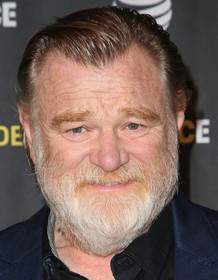
Full Plot Summary and Ending Explained for Calvary
Read the complete plot summary of Calvary, including all major events, twists, and the full ending explained in detail. Explore key characters, themes, hidden meanings, and everything you need to understand the story from beginning to end.
In a shadowy Catholic confessional, an anonymous man confides in Father James, portrayed by Brendan Gleeson, revealing the horrifying sexual abuse he suffered as a child at the hands of a priest. This man vows to kill James at the beach the following Sunday, stating that, although their abuser is deceased, the indifferent response from the Catholic community will propel his decision to murder an innocent priest to incite outrage. Father James, being a righteous man whose demise would reverberate more significantly through the church than that of an abusive priest, finds himself with merely a week to settle his affairs.
Empowered with the decision to notify the police resting squarely on his shoulders, James grapples with the ethical implications of breaking the seal of confession, especially since no forgiveness was sought for the impending sin. Compounding his struggles, his daughter Fiona, played by Kelly Reilly, has recently attempted suicide, feeling neglected after both her mother’s death and her father’s choice to enter the priesthood. As he performs his pastoral duties, James faces hostility from many members of the community.
Among the local residents, the butcher Jack Brennan, portrayed by Chris O’Dowd, is a source of confrontation after hitting his unfaithful wife, Veronica. When James confronts Jack, he hears Jack’s unfounded accusations against Veronica’s African lover, Simon. Simon, played by Isaach De Bankole, refuses to talk, alluding to violent memories from his homeland. James wrestles with the challenge of addressing Simon’s actions and seeks solace and guidance from Father Leary, who suggests ignoring the matter entirely, given the potential for accusations of racism.
Continuing with his parish duties, James becomes involved in the life of an elderly American writer, Gerald, who grapples with suicidal thoughts. In a shocking twist, James borrows an antique revolver linked to The Troubles from Inspector Stanton, which brings an unsettling tangibility to his situation. Stanton reveals his own conflicted history involving a priest accused of rape, adding layers to the pervasive themes of sin and guilt coursing through this tale.
As Father James navigates through turbulent interactions with people such as millionaire Michael Fitzgerald, who offends him by showing blatant disrespect through vandalism of a rare painting, and a grieving widow named Teresa, portrayed by Marie-Josée Croze, who finds solace in James’s comforting words, he faces a pivotal moment in reflecting upon guilt, virtue, and the fragility of human life.
One night, tragedy strikes when James witnesses the burning of his church, an act that compels him to examine his connection to community grievances. In the wake of these events, James confronts Fiona about feeling abandoned, and later expresses his commitment to not forsake Veronica spiritually. This turmoil rises further when James finds his beloved dog deceased, prompting a sorrowful burial while hiding the incident from Fiona.
As the fateful Sunday approaches, James engages in a series of meaningful interactions, including a heartwarming conversation with Gerald, learning to appreciate the duality of sin and virtue, ultimately resulting in mutual forgiveness with his daughter over the phone. After discarding his revolver into the sea, fate leads him back to the beach where Jack, consumed by fury and resentment, approaches him with a gun.
In a stirring final confrontation, Jack accuses James of indifference regarding the trauma suffered by children at the hands of priests. Their exchange leads to a tragic moment that culminates in violence as Jack shoots James.
In poignant vignettes, the community continues its daily rhythms while Fiona confronts Jack in prison, both grasping the telephone as they attempt to connect across the glass barrier, symbolizing the myriad threads of trauma, loss, and the quest for understanding that linger long after the events of that fateful beach encounter.
Uncover the Details: Timeline, Characters, Themes, and Beyond!

Coming soon on iOS and Android
The Plot Explained Mobile App
From blockbusters to hidden gems — dive into movie stories anytime, anywhere. Save your favorites, discover plots faster, and never miss a twist again.
Sign up to be the first to know when we launch. Your email stays private — always.
Watch Trailers, Clips & Behind-the-Scenes for Calvary
Watch official trailers, exclusive clips, cast interviews, and behind-the-scenes footage from Calvary. Dive deeper into the making of the film, its standout moments, and key production insights.
Cars Featured in Calvary
Explore all cars featured in Calvary, including their makes, models, scenes they appear in, and their significance to the plot. A must-read for car enthusiasts and movie buffs alike.
Calvary Themes and Keywords
Discover the central themes, ideas, and keywords that define the movie’s story, tone, and message. Analyze the film’s deeper meanings, genre influences, and recurring concepts.
Calvary Other Names and Titles
Explore the various alternative titles, translations, and other names used for Calvary across different regions and languages. Understand how the film is marketed and recognized worldwide.
Similar Movies To Calvary You Should Know About
Browse a curated list of movies similar in genre, tone, characters, or story structure. Discover new titles like the one you're watching, perfect for fans of related plots, vibes, or cinematic styles.
Quick Links: Summary, Cast, Ratings, More

What's After the Movie?
Not sure whether to stay after the credits? Find out!
Explore Our Movie Platform
New Movie Releases (2026)
Famous Movie Actors
Top Film Production Studios
Movie Plot Summaries & Endings
Major Movie Awards & Winners
Best Concert Films & Music Documentaries
Movie Collections and Curated Lists
© 2026 What's After the Movie. All rights reserved.


